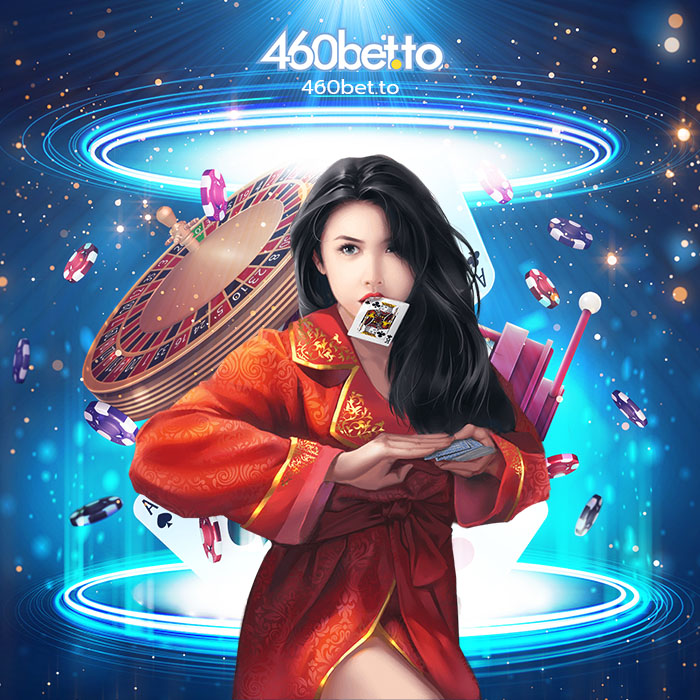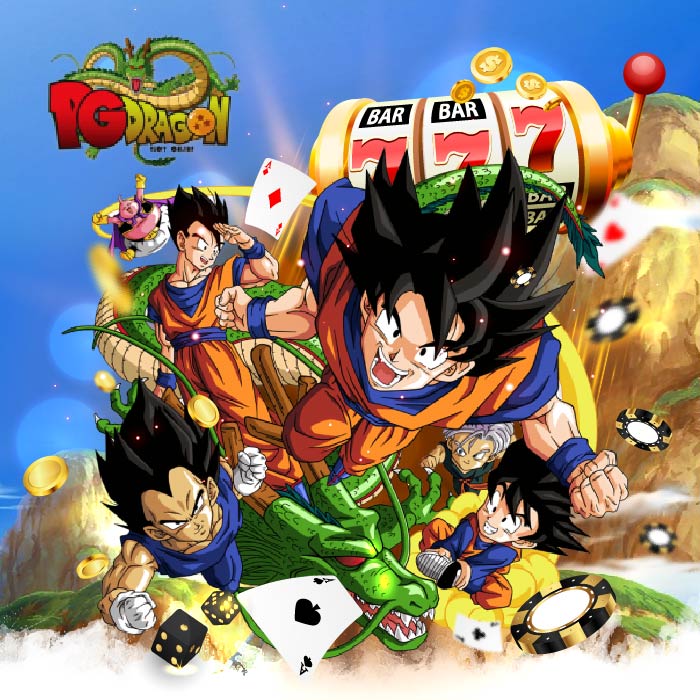theartistunleashedเว็บ หวยออนไลน์ สล็อตออนไลน์ ที่เป็นถึงระดับเว็บใหญ่ แล้วก็มีคนให้ความสนใจกันเป็นอย่างมากในขณะนี้มา 7 เว็บไซต์ ท่านใดที่กำลังมองหาเว็บไซต์ใหญ่ที่มีให้ทุกอย่าง รวมทั้งที่สำคัญมีการจ่ายเงินที่มั่นใจ 100% แน่นอน เราขอแนะนำ ให้สมัครเข้ามาเป็นสมาชิกกับ 7 เว็บไซต์ นี้ได้เลย การันตีไม่มีผิดหวังอย่างแน่นอน แล้วทุกเว็บที่เอ่ยนั้น จะมีเว็บอะไรบ้าง เราไปดูกันเลย

เป็นตัวเลือก ที่สมบูรณ์แบบ สำหรับผู้เล่น ที่กำลังมองหาสภาพแวดล้อม ที่ปลอดภัย ในการเล่นสล็อต PG เว็บไซต์ มีรูปแบบเกม ที่หลากหลาย อย่างดังเช่นว่า สล็อตคลาสสิก สล็อต 3 วงล้อ สล็อต 5 วงล้อ และ สล็อตโปรเกรสซีฟ
นอกจากนั้น เว็บไซต์ยังคงใช้งาน ได้กับทุกอุปกรณ์ อีกทั้งมือถือ แท็บเล็ต และจากนั้นก็ เดสก์ท็อป เกมที่หลากหลาย พรีเซนเทชั่นโดย pgslot99 ทำให้เป็นตัวเลือก ที่ดีที่สุด สำหรับทั้งผู้เล่น ที่มีประสบการณ์ แล้วก็ มือใหม่
และ ด้วยการบริการลูกค้า ที่น่าประทับใจ ผู้เล่นสามารถขอความช่วยเหลือ ได้อย่างง่ายดาย หากพบปัญหา หรือปัญหาอะไรก็ตาม นอกจากนั้น pgslot99 ยังมีโปรโมชั่น รวมทั้ง โบนัสมากมาย เพื่อช่วยให้พวกคุณ ได้รับชัยสูงสุด

นาทีนี้คงไม่มีใครไม่รู้จักเว็บไซต์เกมพนันออนไลน์ที่กำลังเป็นที่นิยมกันอย่างมากมายอยู่ในเวลานี้ 460bet เป็นช่องทางสำหรับเพื่อการสร้างรายได้ที่ดีที่สุดไม่ต้องเสียเวลาทั้งไม่มีความจำเป็นจะต้องที่จะต้องเสียค่าเดินทางให้สิ้นเปลือง
ไม่ว่าจะทำอะไรอยู่ที่ไหนก็สามารถลงเดิมพันเกมพนันออนไลน์ได้อย่างสม่ำเสมอตลอด 24 ชั่วโมงแบบไม่มีจำกัดยอดท่านสามารถทำรายการถอนได้อย่างไม่มีจำกัดไม่มีความจำเป็นจะต้องที่จะต้องทำคุณหรือทำยอดเสียให้เสียเวลา
ไม่ว่าจะทำอะไรอยู่ไหนก็สามารถลงพนันเกมพนันออนไลน์ได้อย่างต่อเนื่องตลอด 24 ชั่วโมงแบบไม่มีจำกัดยอดท่านสามารถทำรายการถอนได้อย่างไม่มีจำกัดไม่มีความจำเป็นที่ต้องทำคุณหรือทำยอดเสียให้เสียเวล่ำเวลา

เป็นแนวทางใหม่ ที่น่าระทึกใจ ในการเดิมพันกีฬา แล้วก็ กิจกรรมอื่นๆ ให้บริการฝาก และก็ ถอนไม่จำกัด แล้วก็ คุณสามารถเดิมพัน เพียงแค่ 1 บาท และก็ รับกำไร เป็นโอกาสที่ดี ในการสร้างรายได้
ไม่ต้องเสี่ยง มากนัก Betflik168 ใช้งานง่าย และก็ ออกแบบมา เพื่อให้แพลตฟอร์ม ที่ปลอดภัย สำหรับผู้ใช้ ในการเดิมพัน ด้วยข้อจำกัด การฝาก แล้วก็ ถอนที่ต่ำ ทุกคนสามารถร่วม รวมทั้ง เริ่มพนัน กีฬา หรือกิจกรรม ที่พวกคุณประทับใจได้ เว็บไซต์ยังมีโบนัส สำหรับผู้ใช้ใหม่ แล้วก็ โปรโมชั่นอื่นๆ สำหรับผู้ใช้ตอนนี้ เพื่อการเดิมพัน น่าเร้าใจยิ่งขึ้น
เป็นแพลตฟอร์ม การพนันออนไลน์ ช่วยทำให้ผู้ใช้ สามารถทำการฝาก รวมทั้ง ถอนได้ไม่จำกัด

เป็นคาสิโนออนไลน์ที่ดีที่สุดที่พรีเซนเทชั่นเกมที่ง่ายและก็สนุกที่คุณสามารถเล่นเพื่อรับเงินจริง คุณไม่ต้องต้องผ่านผู้แทนใดๆเพื่อเข้าร่วม
หรือเล่น mgm99win สิ่งที่คุณต้องมีคือคอมพิวเตอร์หรืออุปกรณ์นำพาและการเชื่อมต่ออินเทอร์เน็ต เป็นหนึ่งในคาสิโนออนไลน์ที่ดีที่สุดที่คุณจะเคยเล่นมาพวกเรามีเกมที่หลากหลายและคุณสามารถเล่นด้วยเงินจริง เรายังมีเกียรติศักดิ์ที่ดีมาก เป็นคาสิโนออนไลน์ที่ดีที่สุดที่คุณจะเคยเล่น
เราไม่ได้ใช้เอเย่นต์ โดยเหตุนี้มันจึงเล่นง่าย และก็คุณสามารถได้รับเงินจริง พวกเราขอแนะนำคาสิโนนี้ให้กับทุกคนที่กำลังมองหาประสบการณ์การพนันที่เยี่ยม คาสิโนออนไลน์ที่ดีที่สุดสำหรับการเล่นโดยไม่ต้องมีเอเย่นต์คือ mgm99win

บริษัทยังเสนอโปรโมชั่นอื่นๆ ได้แก่ โปรแกรมแนะนำ และก็รางวัลคืนเงิน ซึ่งจะช่วยให้ลูกค้า ได้รับเงินมากขึ้น ด้วยโปรโมชั่นนี้ ลูกค้าจะได้รับผลตอบแทนที่ดี จากการลงทุน
ประโยชน์จากการใช้กระเป๋าเงิน pg dragon ฝากผ่าน wallet 10 บาท รับเพิ่มทันที 100 บาท เป็นหนึ่งในคุณสมบัติ ที่น่าสนใจ ที่สุด ของ pg dragon เป็นแนวทางที่ดี สำหรับลูกค้า ที่จะได้ประโยชน์สูงสุด จากเงินของพวกเขา ไม่เพียงแค่แต่ลูกค้า จะได้รับความสะดวกสบาย ในการชำระเงินออนไลน์เพียงแค่นั้น
แต่ยังได้รับผลตอบแทน จากการฝากเงิน 10 บาท 100 บาทอีกด้วย นี่เป็นคำแนะนำ ที่น่าทึ่ง และ เป็นข้อแนะนำ ที่จะทำให้ ลูกค้ากลับมาที่ pg dragon ครั้งแล้วครั้งเล่า

เป็นเว็บไซต์ คาสิโนออนไลน์ ที่มีเอกลักษณ์ รวมทั้ง ปลอดภัย ซึ่งคุณสามารถ ค้นหา เกมสล็อต ที่ดีที่สุด และ โบนัส ที่ดีที่สุด ถ้าเกิดคุณสมัครสมาชิก และ ทำการ ฝากเงินหนแรก ที่ joker123slot คุณจะได้รับ โบนัส 100% จากการฝากเงิน ของคุณ โบนัส 100% นี้สามารถใช้เพื่อเล่นสล็อต ด้วยเงินจริง รวมทั้ง เพิ่มช่องทางในการชนะ โบนัสเข้าถึงได้ง่าย และก็ คุณสามารถรับ ได้ด้วยตัวคุณเอง วันนี้
สิ่งที่คุณต้องทำ คือคลิกลิงค์ ไปยังเว็บไซต์ joker123slot แล้วก็ โบนัสจะพร้อม ให้คุณใช้งาน ได้ทันที ฉะนั้น สิ่งที่คุณรอ? รับโบนัส 100% ของคุณวันนี้ แล้วก็ เริ่มเล่นวันนี้! กำลังเสนอโบนัส ที่เหนือชั้น 100% สำหรับลูกค้าใหม่ ทั้งหมด เดี๋ยวนี้เป็นเวลาที่จะ ใช้ประโยชน์ จากข้อตกลง ที่เยี่ยมนี้

จุดหมายปลายทางการพนันยอดนิยมของนักพนันออนไลน์ UFABET เว็บตรงไม่ผ่านเอเย่นต์ ที่แพล็ตฟอร์มของพวกเราพร้อมให้บริการด้วยระบบความปลอดภัยขั้นสูง และก็ระบบการพนันที่ผ่านการตรวจสอบจากองค์กรที่ควบคุมดูแล การให้บริการเดิมพันระดับโลก ว่าได้มาตรฐานสากล มีการทดสอบระบบโปรแกรมคอมพิวเตอร์ต่าง ๆ ว่ามีความยุติธรรมในการพนัน รับรองว่านักเดิมพันทุกท่านจะสามารถ เดิมพันออนไลน์ได้อย่างปลอดภัย สามารถตรวจสอบความโปร่งใสในการให้บริการได้ ทำเงินจากการเดิมพันที่นี่ได้จริง ไม่มีการโกงอย่างแน่นอน รับประกันได้เลย